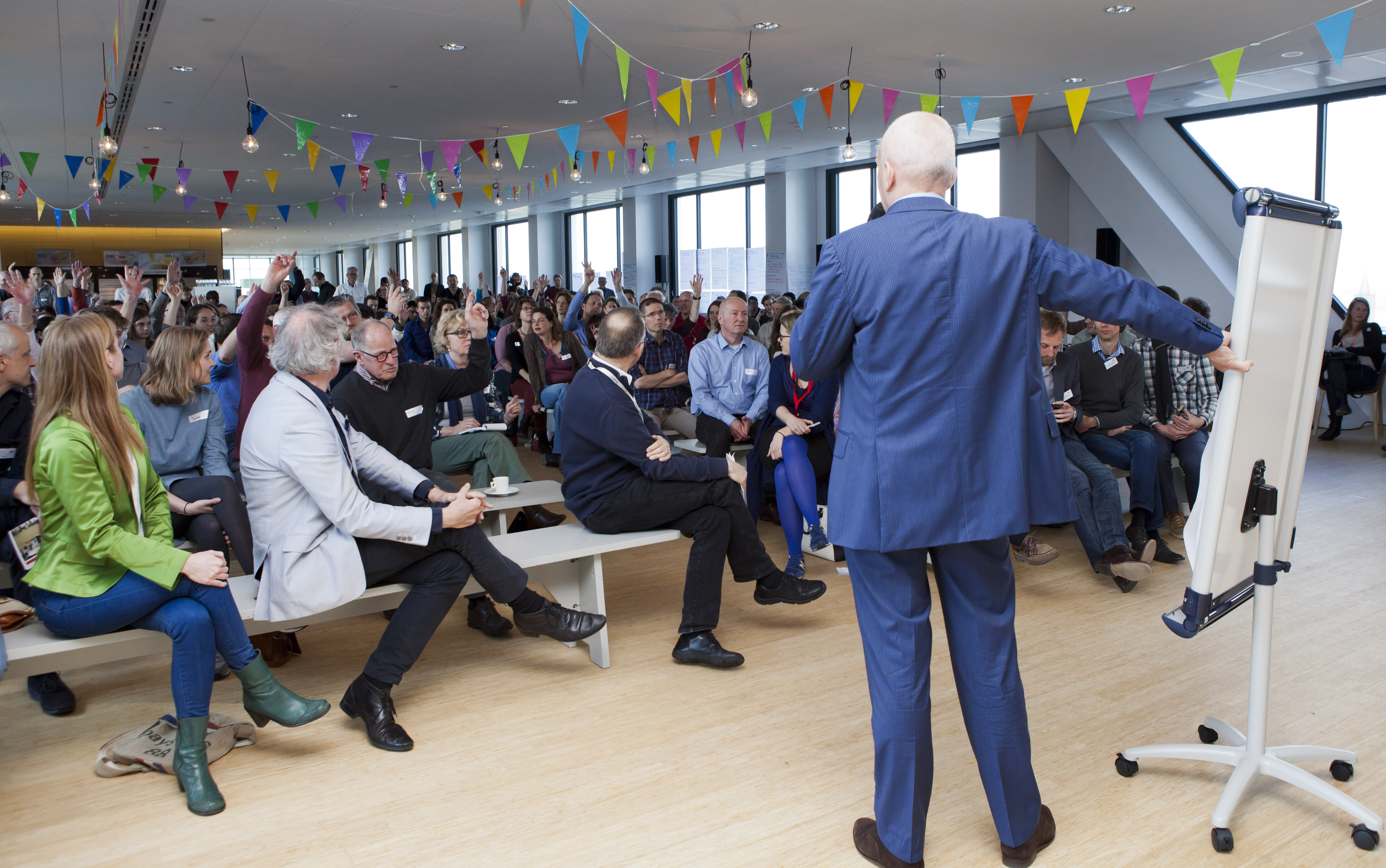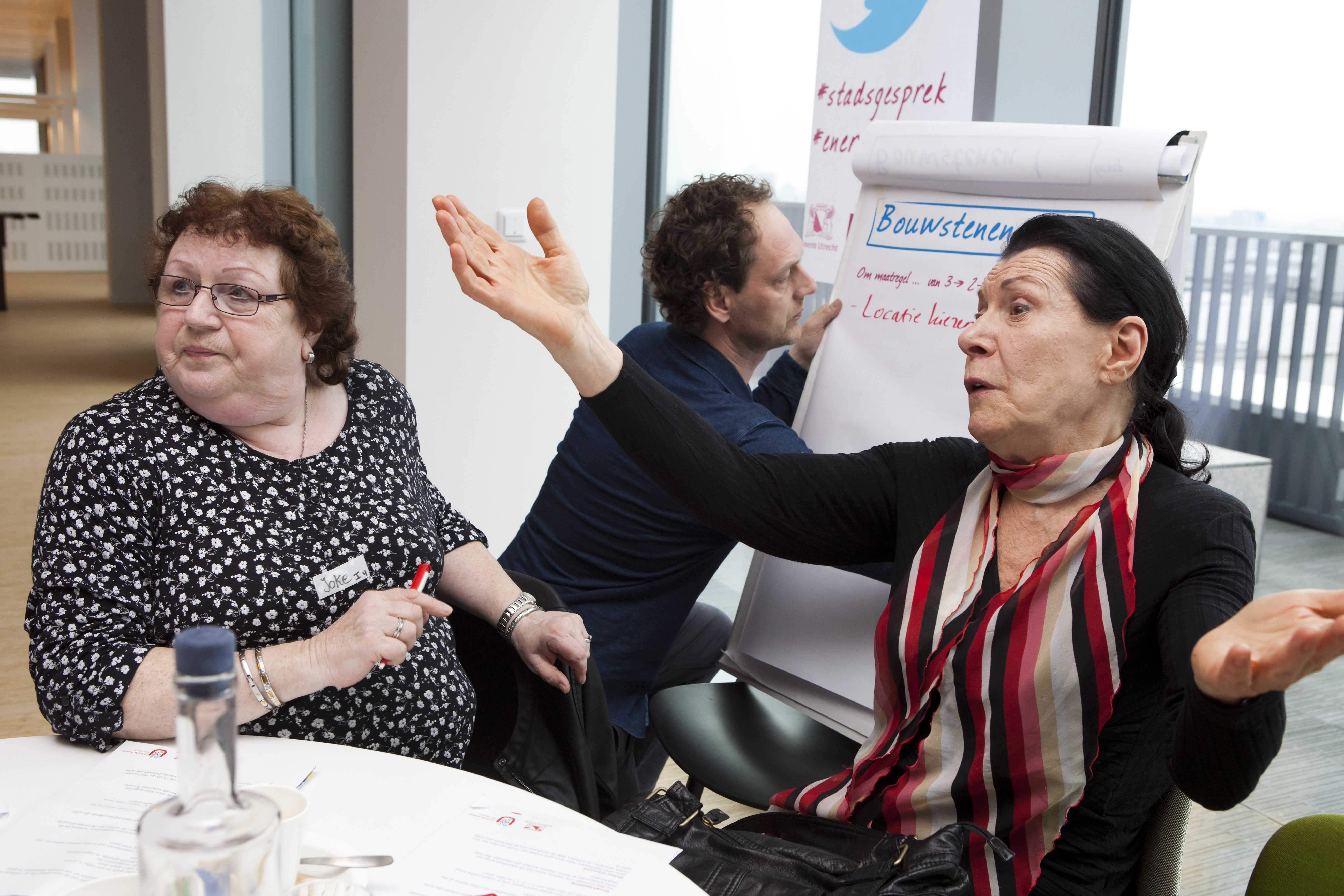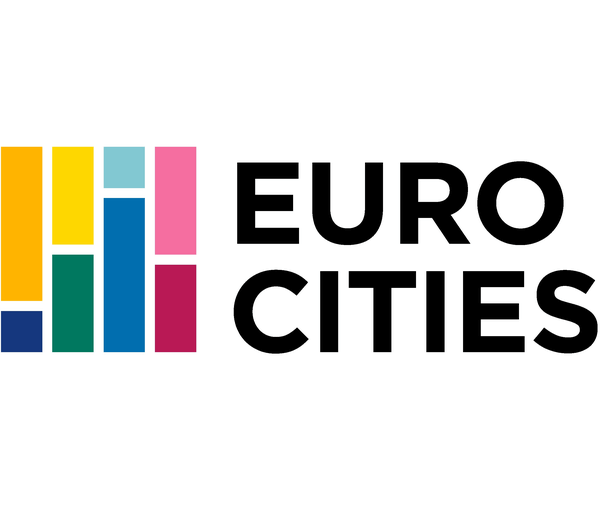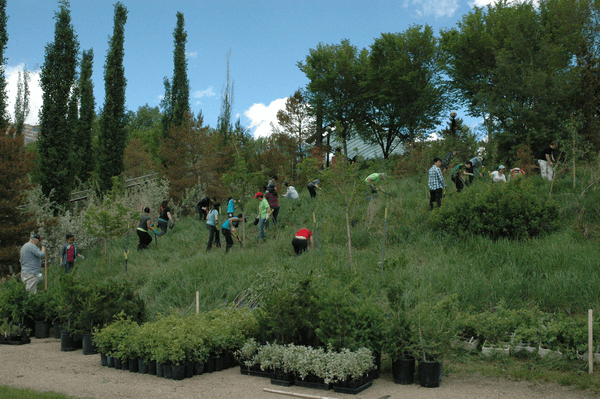City
Utrecht
Main actors
City Government, Community / Citizen Group, other
Project area
Whole City/Administrative Region
Duration
2014 - 2019
Utrecht initiated a democratic experiment to share and broaden responsibility for creating an energy plan to help it become climate neutral by 2030.
Energy affects everyone, but Utrecht found that discussions on an energy action plan usually only attracted those citizens with a special interest in the subject. Instead, the city wanted to reach people who aren’t normally a part of the discussion. So Utrecht invited 10,000 citizens, chosen at random, to help draw up the city’s new energy action plan. The plan will map out Utrecht’s journey to carbon neutrality by 2030. Of the 10,000 citizens, Utrecht selected 166 to help set out the city’s energy transition, together with experts and stakeholders.
Entrusting this task to citizens has shaken up traditional thinking, generated novel ideas and created ambassadors for sustainable energy.
Originally published by EUROCITIES, the network of 130 European cities - PDF: http://nws.eurocities.eu/MediaShell/media/Citiesinaction_UtrechtCityTalks_Mar16.pdf
Eurocities Awards
This project was shortlisted for the 'Eurocities Awards' in 2015 in the following category: Participation.
On Map
The Map will be displayed after accepting cookie policy





